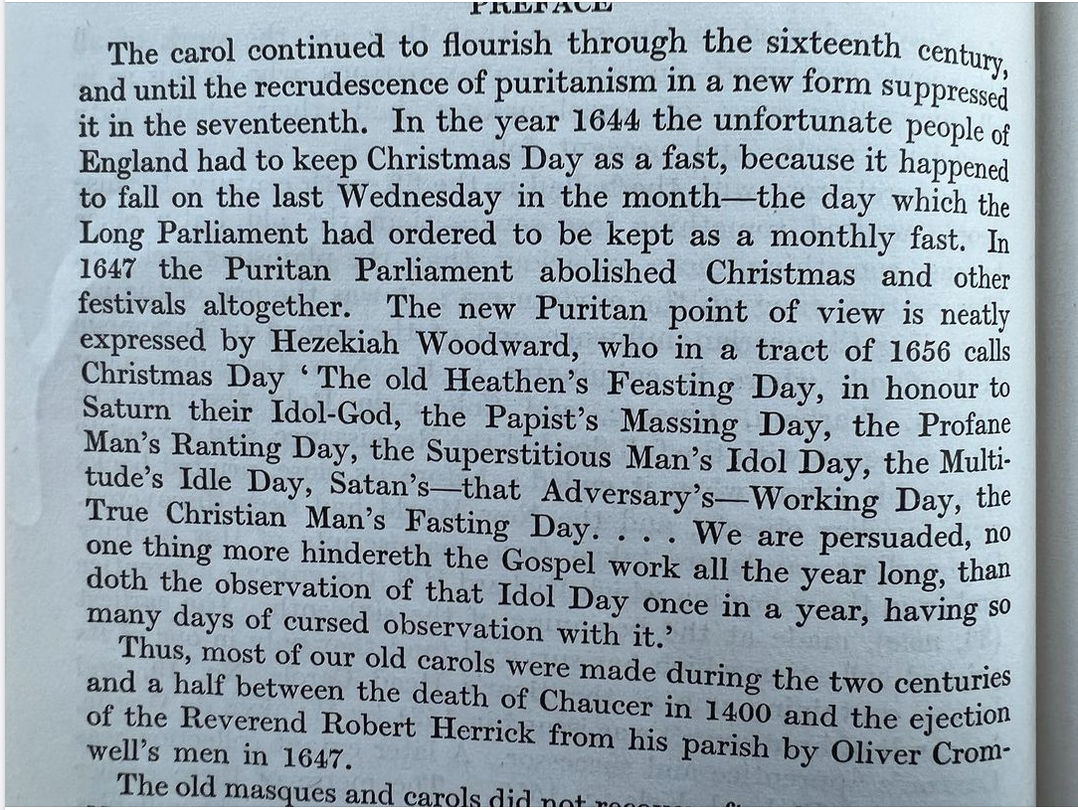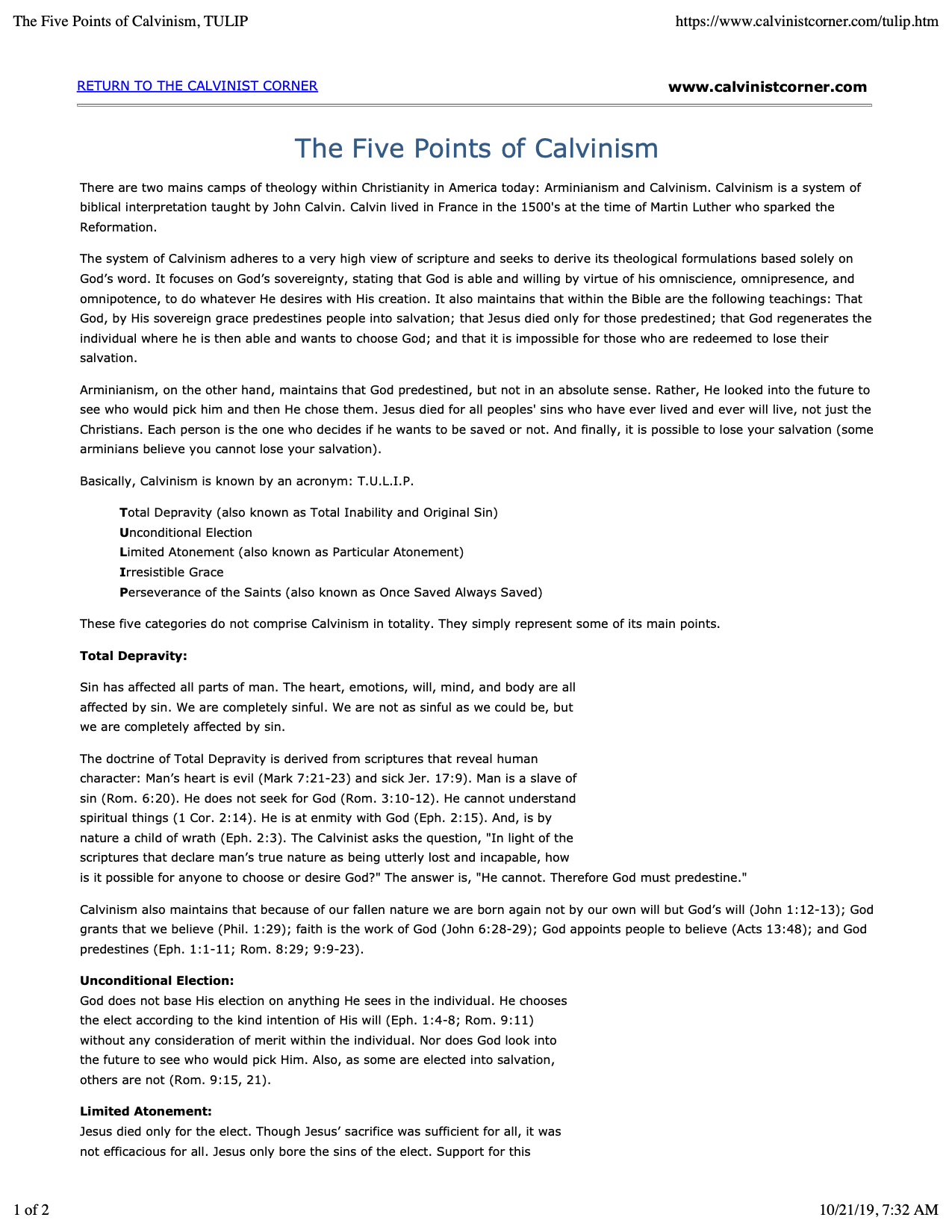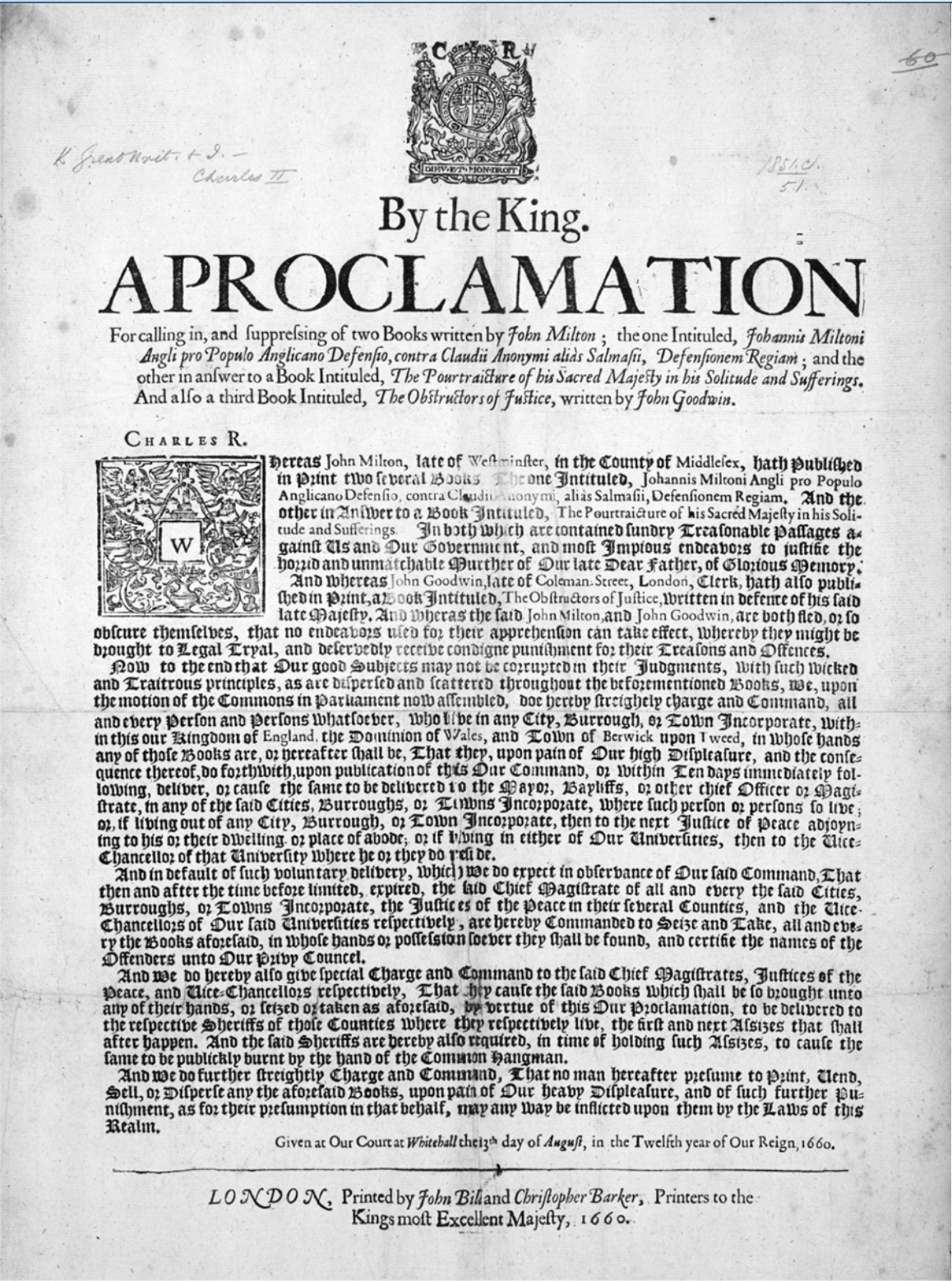English 2283 - Winter 2024:
Closely Reading
John Milton's
Paradise Lost
Professor: Richard Cunningham
Every T & Th @ 2:30 - 4:00
BAC 207
Office: BAC 431
Phone: 585-1345 (but unless I'm there, I don't pick it up)
Office Hours: T & Th - 12:25 - 2:20, & by appt.
Email: Standard Acadia firstname.lastname format.
Acknowledgement of Traditional Territory
We are in Mi’kma’ki, the ancestral and unceded territory of the Mi’kmaq People.
This territory is covered by the “Treaties of Peace and Friendship” which Wolastoqiyik (Maliseet) and Mi’kmaq peoples first signed with the British Crown in 1725. The treaties did not deal with surrender of lands and resources but in fact recognized Mi’kmaq and Wolastoqiyik (Maliseet) title and established the rules for what was to be an ongoing relationship between nations.
We are all treaty people -- because the treaties signed do not apply to only indigenous people, but to the off-spring of the settlers, too. And that means all of us.
Accessible Learning Services
If you are a student with documentation for accommodations or if you anticipate needing supports or accommodations, please contact Ian Ford, Accessibility Resource Facilitator at 902-585-1520, disability.access@acadiau.ca or Marissa McIsaac, Manager, disability.access@acadiau.ca. Accessible Learning Services is located in Rhodes Hall, rooms 111-115.
Crucial elements of this course
You must have or get an @gmail.com address to take this course. And you must be willing and able to speak in class. These are requirements.


